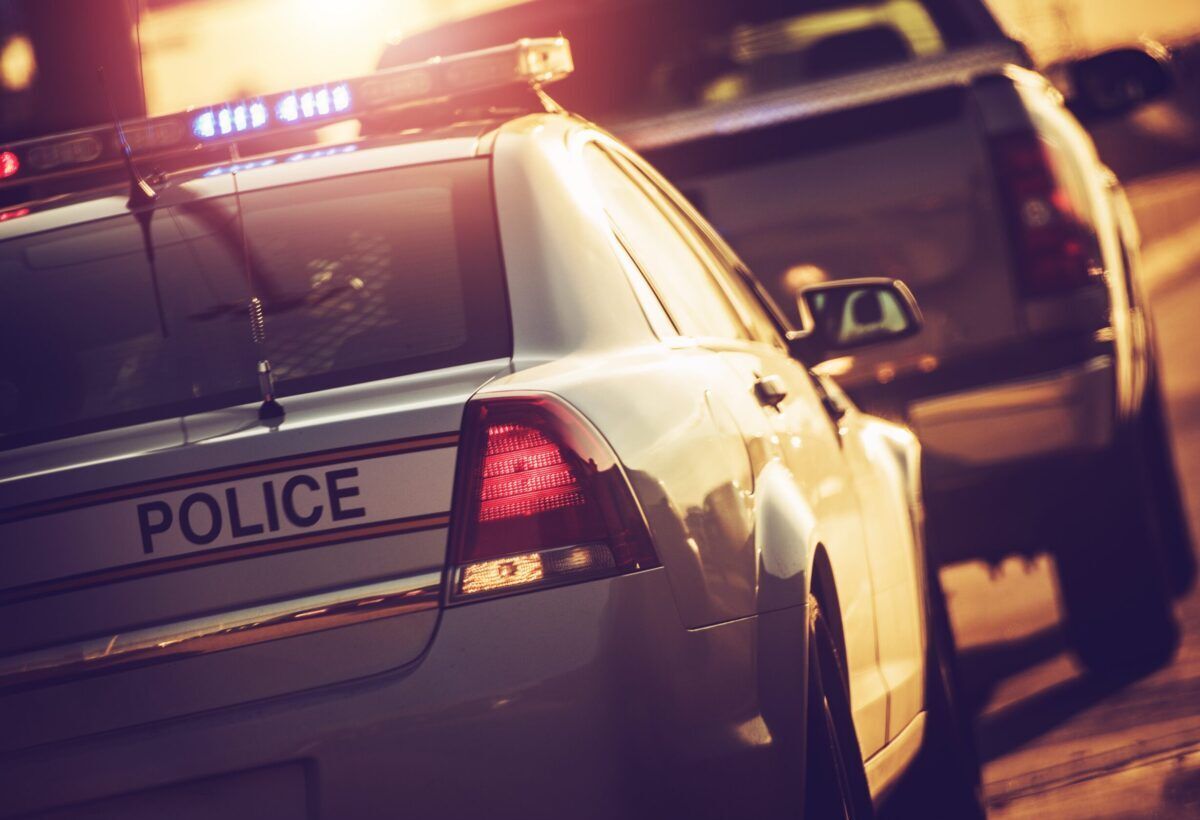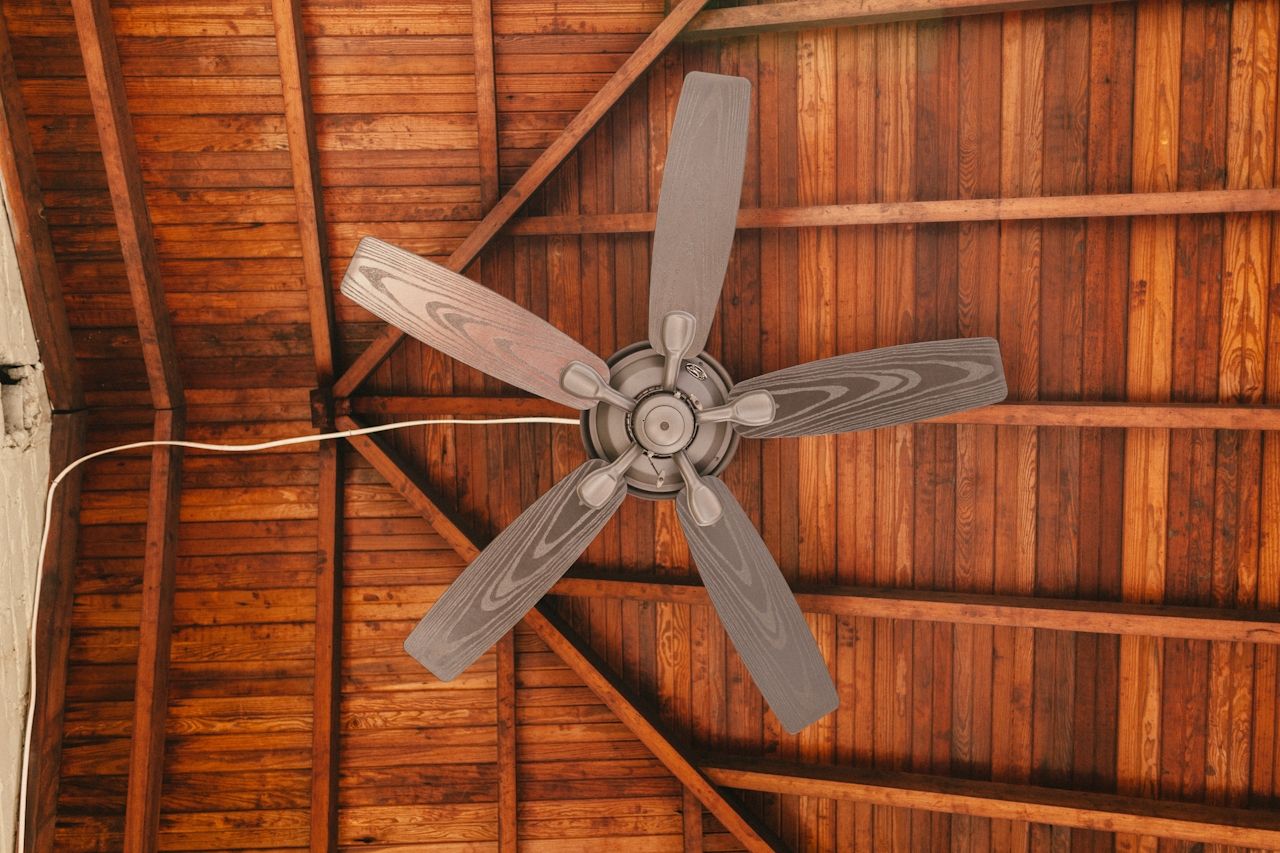What You Should Know About Premises Liability
 Any person, business, or government body that owns, manages, or otherwise controls property, whether a commercial or residential, public or private, indoor or outdoor location, must exercise reasonable care in managing and maintaining that property. Failure to do so may result in “premises liability.”
Any person, business, or government body that owns, manages, or otherwise controls property, whether a commercial or residential, public or private, indoor or outdoor location, must exercise reasonable care in managing and maintaining that property. Failure to do so may result in “premises liability.”
What is a “Premises Liability” Case?
A premises liability case is a civil action (a lawsuit) to recover damages (monetary compensation) for personal injuries caused by an unsafe or defective condition on someone else’s property, the “premises.”
The plaintiff in the case is a “lawful visitor” to the premises. They might be a traveler staying in a motel, a shopper in a grocery store or mall, a guest in the home of a friend, a delivery man carrying a package to an upstairs apartment, or a picnicker in a municipal park; basically, anyone who is on the premises other than a trespasser. The defendant is the owner and another person, business, or entity in actual control of the area where the unsafe or defective condition is located.
The unsafe or defective condition can be almost anything. Some common examples are:
- Accumulated water or ice
- Falling merchandise
- Loose carpeting or exposed carpet edges
- Defective furniture, appliances, or fixtures
- Inadequate lighting or signage
- Absence of proper handrails
- Uneven steps
- Littered or cluttered aisles or walkways
- Elevator malfunctions
What Must Plaintiff Prove in a Premises Liability Case?
In a premises liability case, the plaintiff must prove that it is more likely than not that the defendant’s negligence in managing and maintaining the premises was a substantial factor in the plaintiff’s injuries. They attempt to do this by presenting evidence that the defendant knew or should have known about the condition and the risks of damage and then failed to repair or otherwise eliminate it. Or, if such repair or elimination was impossible or would take the defendant some time, the defendant failed to warn the plaintiff and others of the condition adequately.
What are the Defenses in a Premises Liability Case?
The defendant will often attempt to prove that they did not know or have any reason to know about the condition. Or that the situation was, at most, only a “trivial defect” that could not have been reasonably expected to cause injuries to visitors.
The defendant often argues that it was partly the plaintiff’s own “contributory negligence” that caused their injuries. Therefore, under North Carolina law, the plaintiff cannot recover any damages. The alleged contributory negligence might be, for instance, that the condition was “open and obvious,” and no warning was necessary or, similarly, that plaintiff failed to keep a reasonable lookout and could have avoided the condition.
What Types of Damages are Recoverable?
As in an auto accident case or any other personal injury action, a successful plaintiff in a premises liability case can recover monetary compensation for:
- Medical bills
- Pain and suffering
- Emotional distress
- Travel and out-of-pocket expenses
- Loss of income
Travel and other expenses, medical bills, and loss of income are relatively easy to calculate, and generally, there isn’t much back-and-forth about them. However, calculating damages for pain and suffering and emotional distress is more challenging.
If you or a loved one is injured because of any unsafe or defective condition on anyone else’s property and have any questions regarding a possible premises liability case, contact the attorneys at Kelly & West today.


